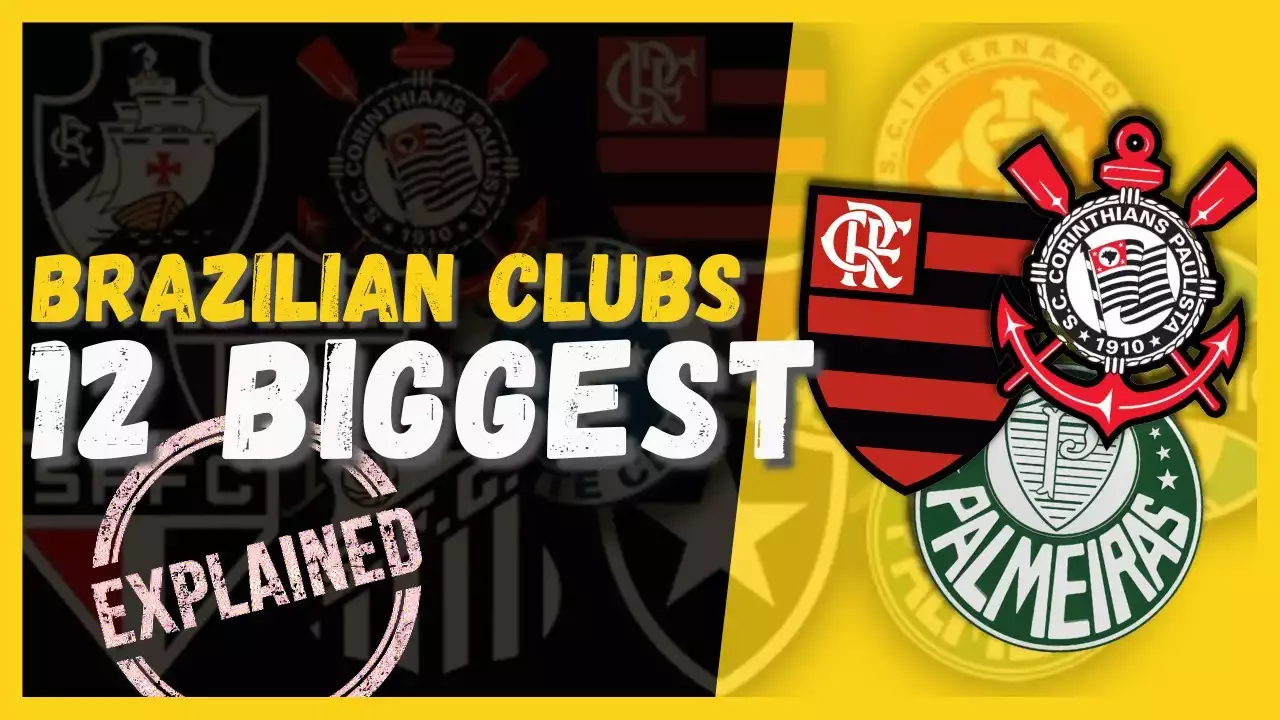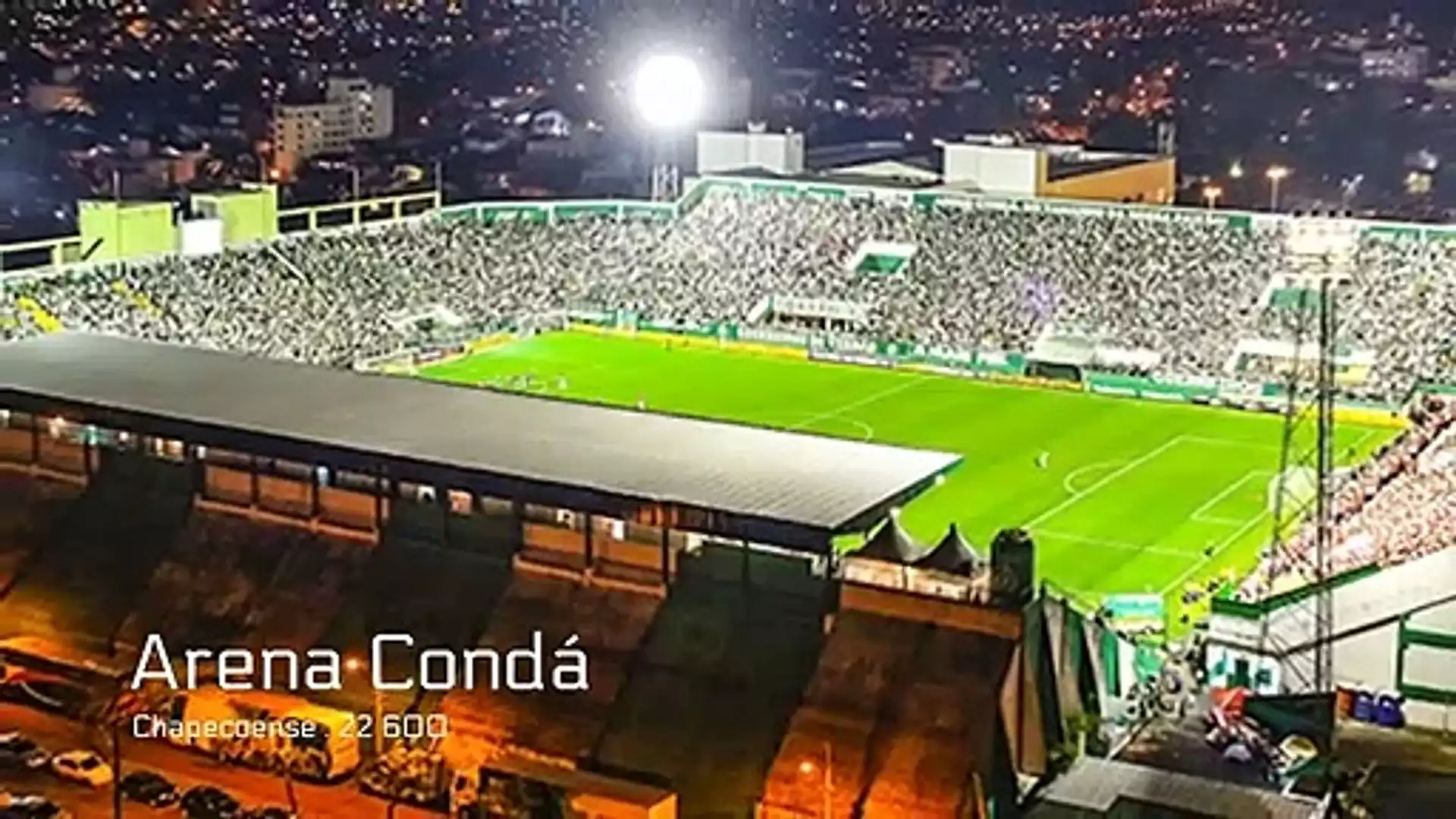The Cultural and Historical Significance of Série B Clubs
Série B clubs have a rich cultural and historical significance in Brazilian football. They represent the roots of the sport in Brazil, and many of them have been around for over a century. These clubs often have strong connections to a particular region or city, and they are deeply embedded in the local community. They are more than just football clubs; they are cultural institutions that represent the identity and traditions of their respective regions.
One example of a Série B club with a strong cultural identity is the Fortaleza Esporte Clube. Founded in 1918, Fortaleza is one of the oldest clubs in Brazil, and it has a passionate fan base that is deeply connected to the city of Fortaleza. The club's colors, red and blue, represent the colors of the city's flag, and its fans are known for their fierce loyalty and dedication to the team. Fortaleza's cultural significance goes beyond the football pitch, as the club has been involved in several community initiatives, including programs to promote education and social justice.
Série B clubs also have a historical significance in Brazilian football. Many of these clubs have played a crucial role in the development of the sport in Brazil, and they have been responsible for producing some of the country's best players. For example, the Série B club, Internacional de Limeira, produced several players who went on to become Brazilian national team stars, including Dunga and Neto. The club's academy was known for its rigorous training methods, and it was a breeding ground for young talent that would go on to make their mark in Brazilian football.
Traditional Rivalries and Derbies in Série B
Just like in the top tier of Brazilian football, Série B clubs have their own set of traditional rivalries and derbies. These matches are fiercely contested, and they often attract large crowds of passionate fans. These rivalries are an important part of the cultural fabric of Brazilian football, and they help to create a sense of unity and identity among fans.
One of the most intense rivalries in Série B is between the clubs Náutico and Sport Recife. The two clubs are both based in the city of Recife, and their rivalry dates back over 100 years. The matches between these two clubs are known for their high intensity and passion, and they often result in dramatic moments and memorable performances. This rivalry is a reflection of the deep cultural divide that exists within the city of Recife, and it serves as a reminder of the importance of regional identity in Brazilian football.
The Fans: Their Passion and Influence on Brazilian Football Culture
The fans of Série B clubs are some of the most passionate and dedicated in Brazilian football. They are the lifeblood of these clubs, and they play a crucial role in preserving the cultural traditions of Brazilian football. The fans of Série B clubs are known for their creativity, and they often come up with unique chants and songs to support their teams.
The fans of Série B clubs also have a significant influence on Brazilian football culture. They are often the first to discover new talent and to recognize the potential of young players. Many of the country's best players were discovered by Série B club scouts, and these players went on to become stars in the top tier of Brazilian football. The fans of Série B clubs are also known for their commitment to social justice and equality, and they often use their platform to promote important causes and to raise awareness about issues affecting their communities.
The Impact of Série B Clubs on Brazil's National Identity
Série B clubs have had a significant impact on Brazil's national identity. They represent the diversity and richness of Brazilian culture, and they are a reminder of the country's unique history and traditions. These clubs have helped to shape the development of Brazilian football, and they have been responsible for producing some of the country's greatest players.
Série B clubs also play a crucial role in promoting regional identity and unity. They provide a sense of belonging for fans who may feel disconnected from the larger, more commercialized world of top-tier football. These clubs represent the heart and soul of Brazilian football, and they are a reminder of the importance of tradition and heritage in the sport.
The Future of Série B Clubs in Brazilian Football
The future of Série B clubs in Brazilian football is uncertain. As the sport becomes more commercialized and globalized, there is a risk that these clubs will be left behind. Many Série B clubs struggle to attract sponsors and financial support, and they often struggle to compete with the top-tier teams.
However, there is also reason for optimism. Série B clubs are an important part of Brazilian football, and they have a loyal and dedicated fan base. These clubs represent the traditions and heritage of the sport, and they play a crucial role in preserving the cultural identity of Brazilian football. As long as there are fans who are passionate about these clubs, there will be a place for them in Brazilian football.
Promoting and Preserving the Cultural Influence of Série B Clubs
To promote and preserve the cultural influence of Série B clubs, it is important to recognize their significance and to support them financially and institutionally. Série B clubs should be given more opportunities to showcase their talent and to compete with top-tier teams. They should also be given more exposure in the media, both domestically and internationally.
In addition, there should be more investment in the development of young talent at Série B clubs. These clubs have a history of producing some of the country's best players, and they should be given the resources they need to continue this tradition. This investment will not only benefit Série B clubs but also Brazilian football as a whole.
Famous Série B Clubs and Their Contributions to Brazilian Football
Many famous Série B clubs have made significant contributions to Brazilian football. These clubs have produced some of the country's best players, and they have won numerous titles and accolades. Some of the most famous Série B clubs include:
- Internacional de Limeira: This club produced several Brazilian national team stars, including Dunga and Neto. The club's academy was known for its rigorous training methods, and it was a breeding ground for young talent that would go on to make their mark in Brazilian football.
- Fortaleza Esporte Clube: This club has a rich cultural identity and a passionate fan base. It has been involved in several community initiatives, including programs to promote education and social justice.
- América Mineiro: This club has a long history of producing top-quality players, including Tostão and Éder Aleixo. The club has won numerous titles and has a loyal fan base that is deeply connected to the city of Belo Horizonte.
Série B Clubs and the Development of Young Football Talent
Série B clubs have played a crucial role in the development of young football talent in Brazil. These clubs provide a platform for young players to showcase their skills and to gain valuable experience. The rigorous training methods and focus on youth development at Série B clubs have helped to produce some of the country's best players.
Série B clubs also provide an alternative to the commercialized world of top-tier football. These clubs prioritize the development of young talent over financial gain, which means that young players are given the opportunity to learn and grow without the pressure of commercial interests. This focus on youth development is an important part of Brazilian football culture, and it is something that Série B clubs do particularly well.






.png?size=50)



